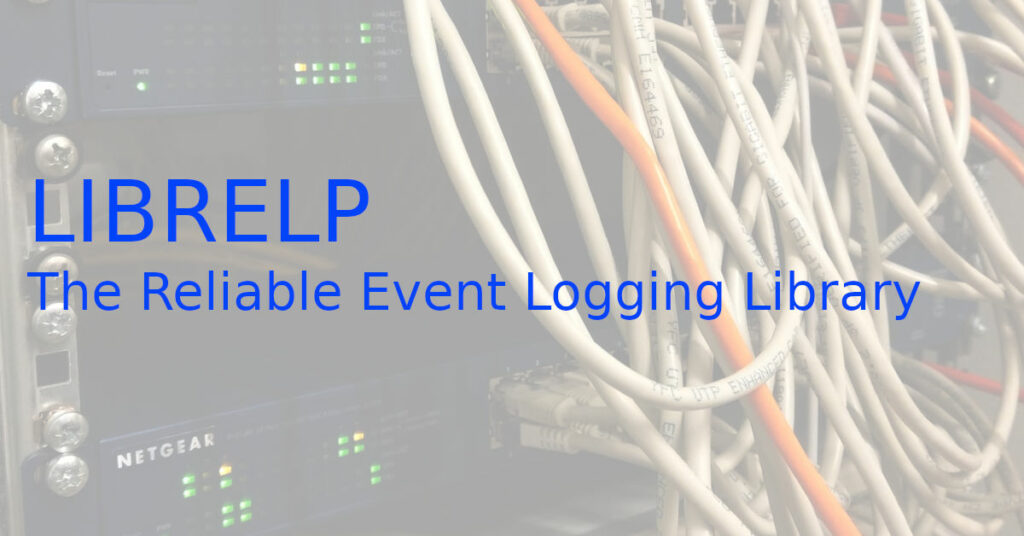If you followed librelp’s git, you have probably already noticed that there is increased activity. This is due to the fact that TLS support is finally being added! Thanks to some unnamed sponsor, we could invest “a bit” of time to make this happen.
We have decided to base TLS support on GnuTLS, which has matured very much, is preferred by Debian and fully supported by Red Hat and has no licensing issues with GPL like openssl has (plus the sponsor also preferred it). We build TLS support directly into librelp, as we assume it will get very popular, so an abstraction layer would not make that much sense, especially given the fact the GnuTLS nowadays is almost already installed by default. And remember that an abstraction layer always adds code complexity and an (albeit limited) runtime overhead.
Librelp 1.1.0 will be the first version with basic TLS support. With “basic”, we mean that this is a full TLS implementation, but there are some useful additional features not yet present. Most importantly, this version will not support certifiates but rather work with anonymous Diffie-Hellmann key exchange. This means that while the integrity and privacy of the session can be guaranteed as far as the network is concerned, this version does not guard against man-in-the-middle attacks. The reason simply is that there is no way to mutually authenticate peers without certificates. We still think it makes a lot of sense to release that version, as it greatly improves the situation.
Obviously, we have plans to add certificate support in the very near future. And this also means we will add ways for mutual authentication, much like in rsyslog’s RFC 5425 implementation. It’s not finally decided if we will support all authentication options RFC 5425 offers (some may not be very relevant in practice), but that’s so far undecided. We currently strongly consider to start with fingerprint-based authentication, as this permits the ability to do mutual authentication without the need to setup a full-blown PKI. Also, most folks know fingerprint authentication: this is what ssh does when it connects to a remote machine.
So stay tuned to librelp development, many more exciting things are coming up. Please note that rsyslog 7.5.0 will be the first version to utilize the new librelp features – but that’s something for a different blog posting.
[This is also cross-posted to the librelp site]


